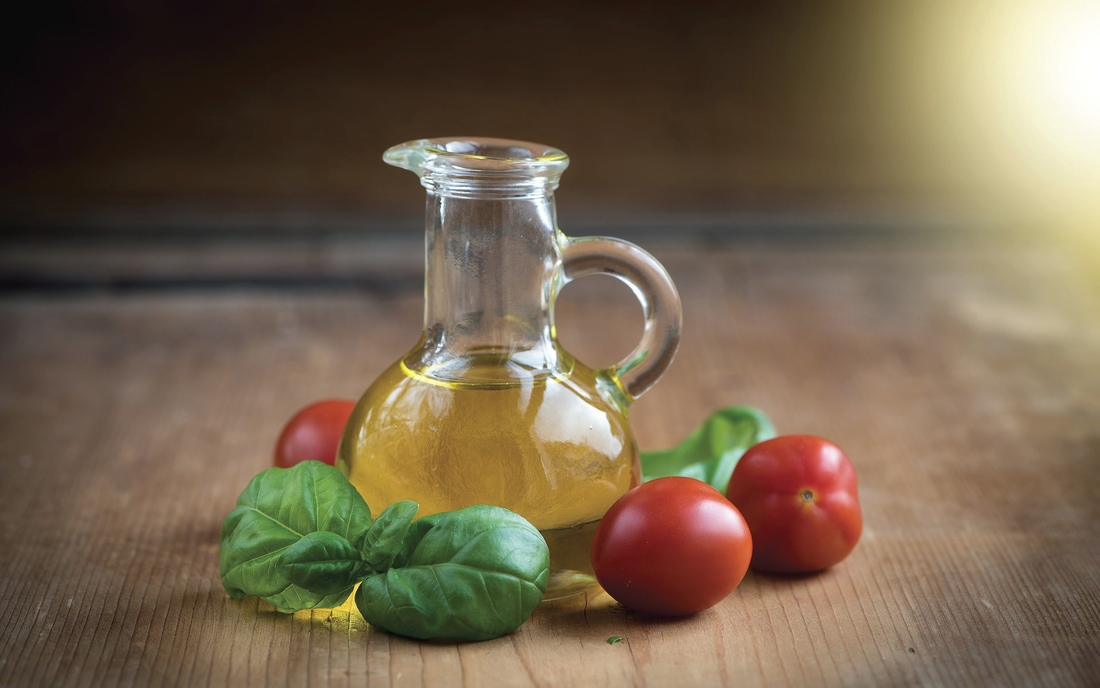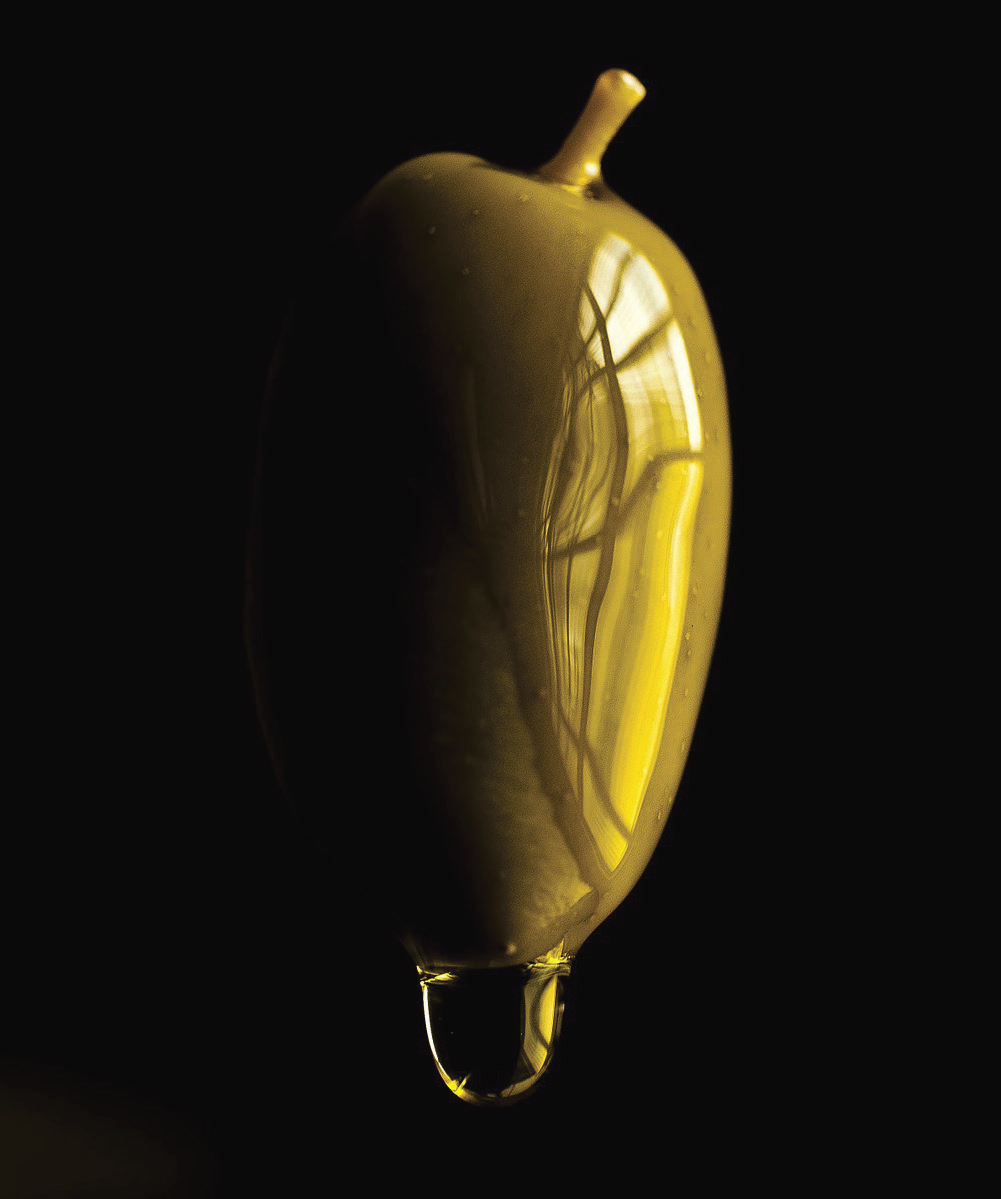By Phasit Kanasirichainon
The use of olive oil has become a global phenomenon that’s catching on in Thailand. While you may be interested in cooking with olive oil to reap its health benefits, invariably one of your concerns might be about its prices. In comparison with other cooking oils and brands on the market, it seems to cost more than other oils. So is there a reason behind the price and how can we assess how cost-effective oil is? Before you make any decisions, let’s get to know the benefits of olive oil to help you make an informed decision.
Investing in health with olive oil
The price of olive oil in the Thai market is approximately B350-450 per bottle, depending on the container size. A standard one-litre bottle should have about 68 servings, and each of those servings can cook a meal for a family of four. That means 272 meals! On average, it only costs B1.6 per meal per person and approximately B15-20 per meal with accompanying beverages.
Despite its ability to use in all types of Thai cooking, olive oil has much higher unsaturated fat than other types of oils. It helps reduce LDL cholesterol or bad fats. It has also been linked by medical journals to help manage diabetes and lower the risk of heart disease, stroke and breast cancer. Rather than just an oil to cook with, its added value is being able to assist your health journey.
Olive oil is a much cheaper and easier alternative to help manage high blood cholesterol levels or coronary artery disease through diet compared to the medications you may need if you get sick with these ailments. From a nutritionist’s point of view, Olive oil isn’t just good for health - it’s profitable for your health. You can enjoy delicious meals that you love, but investing in a beneficial oil can also help support your health at the same time.
If we aren’t health-conscious about our food intake and exercise, the risk of developing NCDs such as heart disease increased tremendously. On the other hand, if you
proactively invest in your health, you can enjoy a higher quality of life. In the end, health cannot be bought. A healthy diet and regular exercises can go a long way.
The price of olive oil in the Thai market is approximately B350-450 per bottle, depending on the container size. A standard one-litre bottle should have about 68 servings, and each of those servings can cook a meal for a family of four. That means 272 meals! On average, it only costs B1.6 per meal per person and approximately B15-20 per meal with accompanying beverages.
Despite its ability to use in all types of Thai cooking, olive oil has much higher unsaturated fat than other types of oils. It helps reduce LDL cholesterol or bad fats. It has also been linked by medical journals to help manage diabetes and lower the risk of heart disease, stroke and breast cancer. Rather than just an oil to cook with, its added value is being able to assist your health journey.
Olive oil is a much cheaper and easier alternative to help manage high blood cholesterol levels or coronary artery disease through diet compared to the medications you may need if you get sick with these ailments. From a nutritionist’s point of view, Olive oil isn’t just good for health - it’s profitable for your health. You can enjoy delicious meals that you love, but investing in a beneficial oil can also help support your health at the same time.
If we aren’t health-conscious about our food intake and exercise, the risk of developing NCDs such as heart disease increased tremendously. On the other hand, if you
proactively invest in your health, you can enjoy a higher quality of life. In the end, health cannot be bought. A healthy diet and regular exercises can go a long way.
| Tips to find a healthy balance The appropriate amount of fat that we should consume in each day is to 50-70 g/day (based on the energy that a standard body needs 1,500-2,000 kcal per day). If you consume more fat than this average, it will increase your risk of high cholesterol and weight gain. You can easily control your daily fat intake by doing the following: • Eat lean meat and avoid eating skin. Eating animal skin or extra fat will increase your fat intake to 2-5 grams per one tablespoon of animal skin/fat consumption. • Set your cooking oil usage at one tablespoon per meal. For example, if you are making garlic pork, use one tablespoon of oil. Add stock or water if the dish gets dried while cooking instead of oil. • Teflon-coated pans make cooking easier and healthier because the nonstick surface can help reduce the use of oil. Comparing the usage amount versus the benefits received, I believe using olive oil is more economically sensible than using standard cooking oil. It pays off in the long run. We all have busy lifestyles, but it’s not an additional effort to use better quality products to cook at home. The investment made in your health and the health of your loved ones is never wasted. |
About the Author:
Mr Phasit Kanasirichainon is a Dietitian and Nutrition Consultant, Health and Nutrition Lecturer from ‘What Did She Eat’ Facebook page. He has studied Food,
Nutrition and Health and is a Bachelor of Science in Nutrition and Dietetics at the Faculty of Allied Health Sciences, Chulalongkorn University.
facebook.com/whatdidsheeat
Mr Phasit Kanasirichainon is a Dietitian and Nutrition Consultant, Health and Nutrition Lecturer from ‘What Did She Eat’ Facebook page. He has studied Food,
Nutrition and Health and is a Bachelor of Science in Nutrition and Dietetics at the Faculty of Allied Health Sciences, Chulalongkorn University.
facebook.com/whatdidsheeat





















